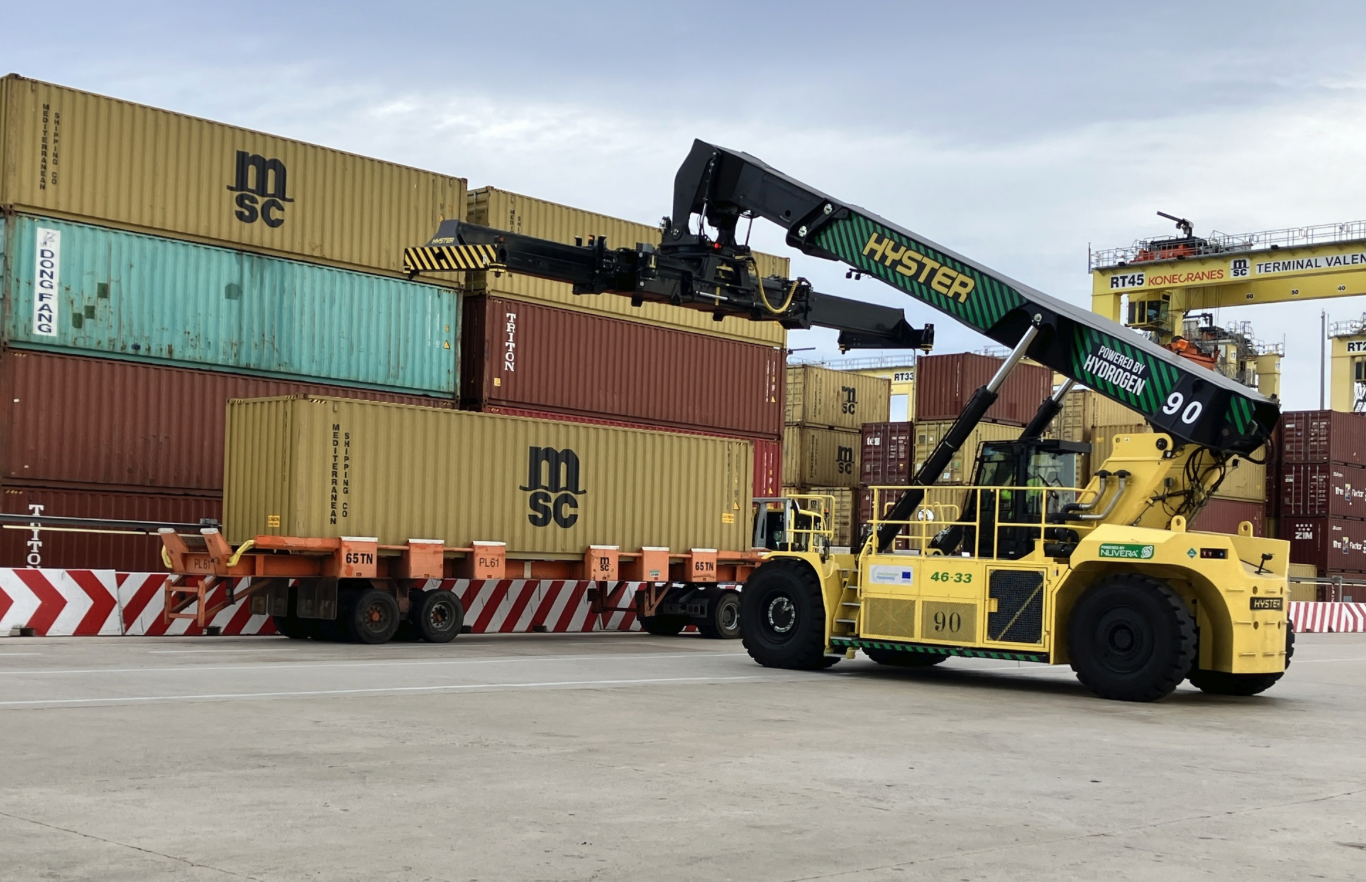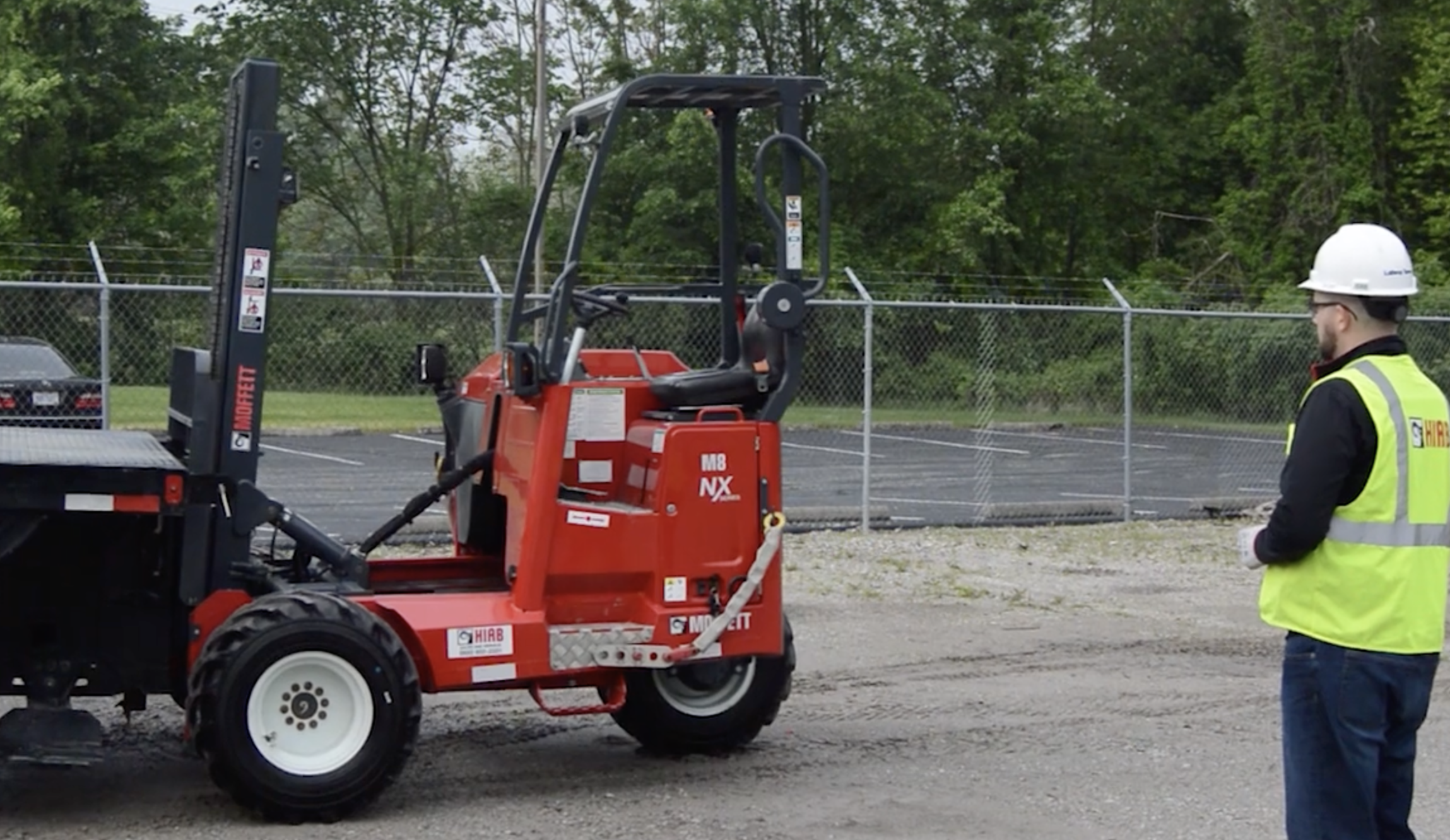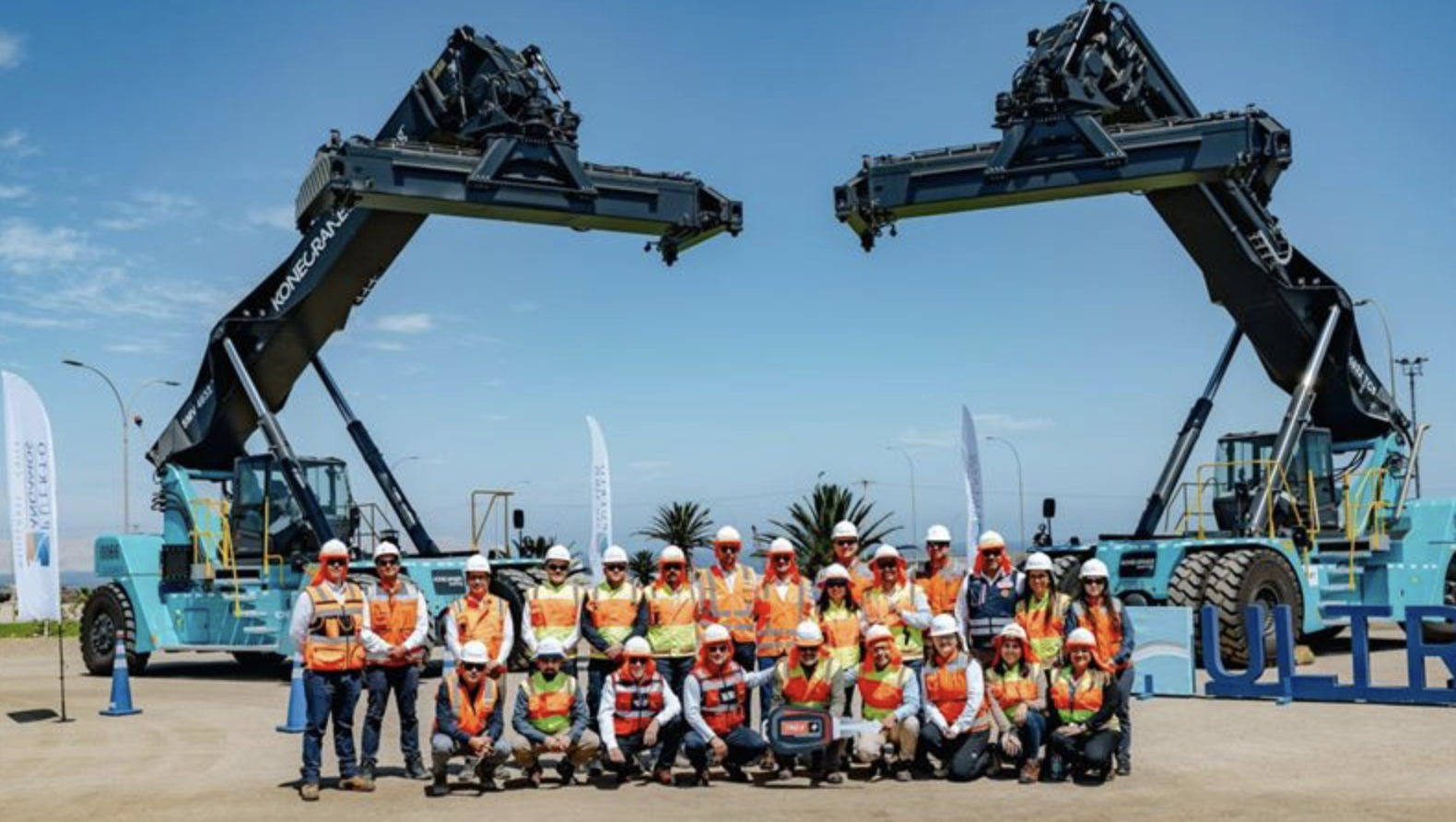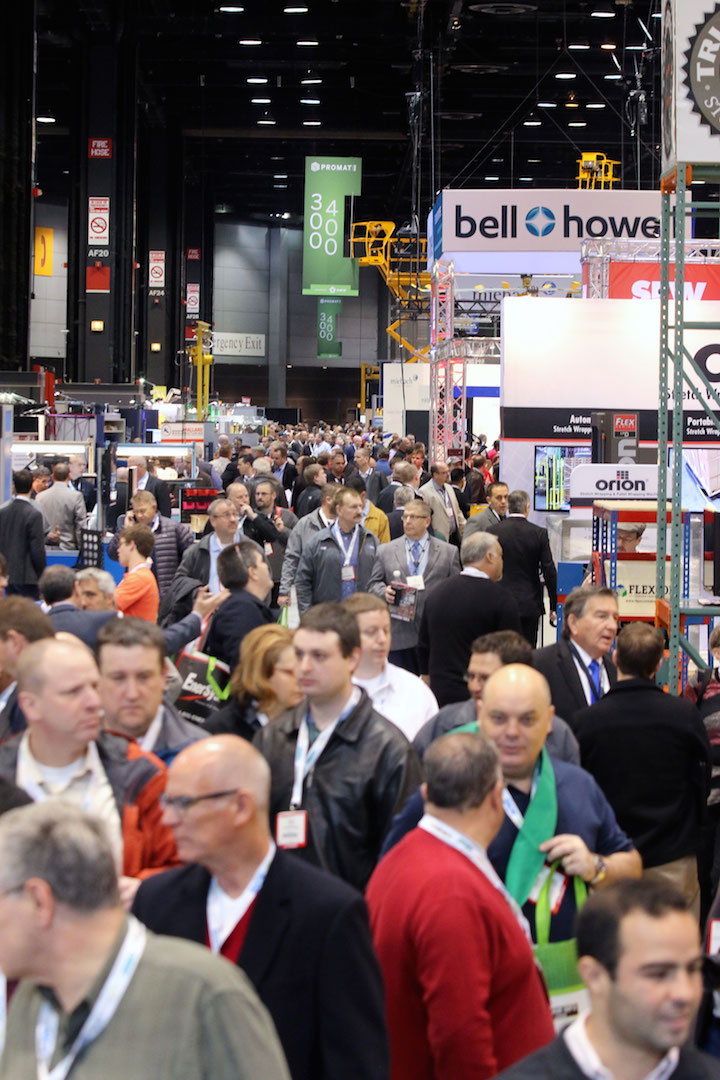Freight Railroads Commitment
U.S. freight railroads made clear to the U.S. Surface Transportation Board (STB) and their customers they are committed to delivering the safe and reliable service shippers deserve and expect.
Participating at a two-day hearing last week at the STB, freight railroads acknowledged rail service challenges and emphasized actions they are taking to increase freight fluidity — including hiring new workers. Railroads are also deploying additional power where appropriate, increasing communication and transparency with customers, repositioning crews to high-density corridors and leveraging technology as needed to reduce dwell times.
“The rail industry understands its critical role in serving the U.S. economy and is confident in its abilities to work alongside customers to remedy service issues moving forward,” said AAR President and CEO Ian Jefferies.
“Railroads valued the chance to communicate their plans to the STB, customers and labor unions, and they will continue to update stakeholders on their progress.”
Through written comments and Q&A sessions with STB members, railroads acknowledged their service challenges. At the same time, railroads explained they do not operate in vacuum, but instead a dynamic global economy that continues to be challenged by record inflation, supply and labor shortages, and now global conflict exerting new pressures on multiple industrial sectors.
As rail labor leaders testified at the hearing, rail work is hard and demanding, and just as in other similar industries such as mining, drilling, trucking, aviation and warehousing, finding qualified workers is more challenging than it has ever been. However, railroads explained that they are offering hiring bonuses, payments to refer-a-friend, financial incentives to temporarily or permanently relocate and other incentives to entice more skilled labor to fill current vacancies.

U.S. freight railroads are committed to delivering the safe and reliable service shippers deserve and expect.
At the same time, issues persisting at ports and warehouses, as well as a lingering chassis shortage, create a ripple effect on parts of the rail business.
Looking forward, railroads emphasized that improvements cannot happen overnight. They also noted that regulators must avoid exacerbating the situation by hastily intervening in rail operations with purported solutions not tailored to the issue.
“While the AAR appreciates continued engagement with policymakers, the STB should proceed strategically and deliberately, particularly when considering structural policy shifts,” added Jefferies. “Disruptions in service should not be used to justify long-sought re-regulatory measures such as forced switching, as this type of market intervention would only complicate network operations further at a time when the focus needs to be on restoring freight fluidity.”







